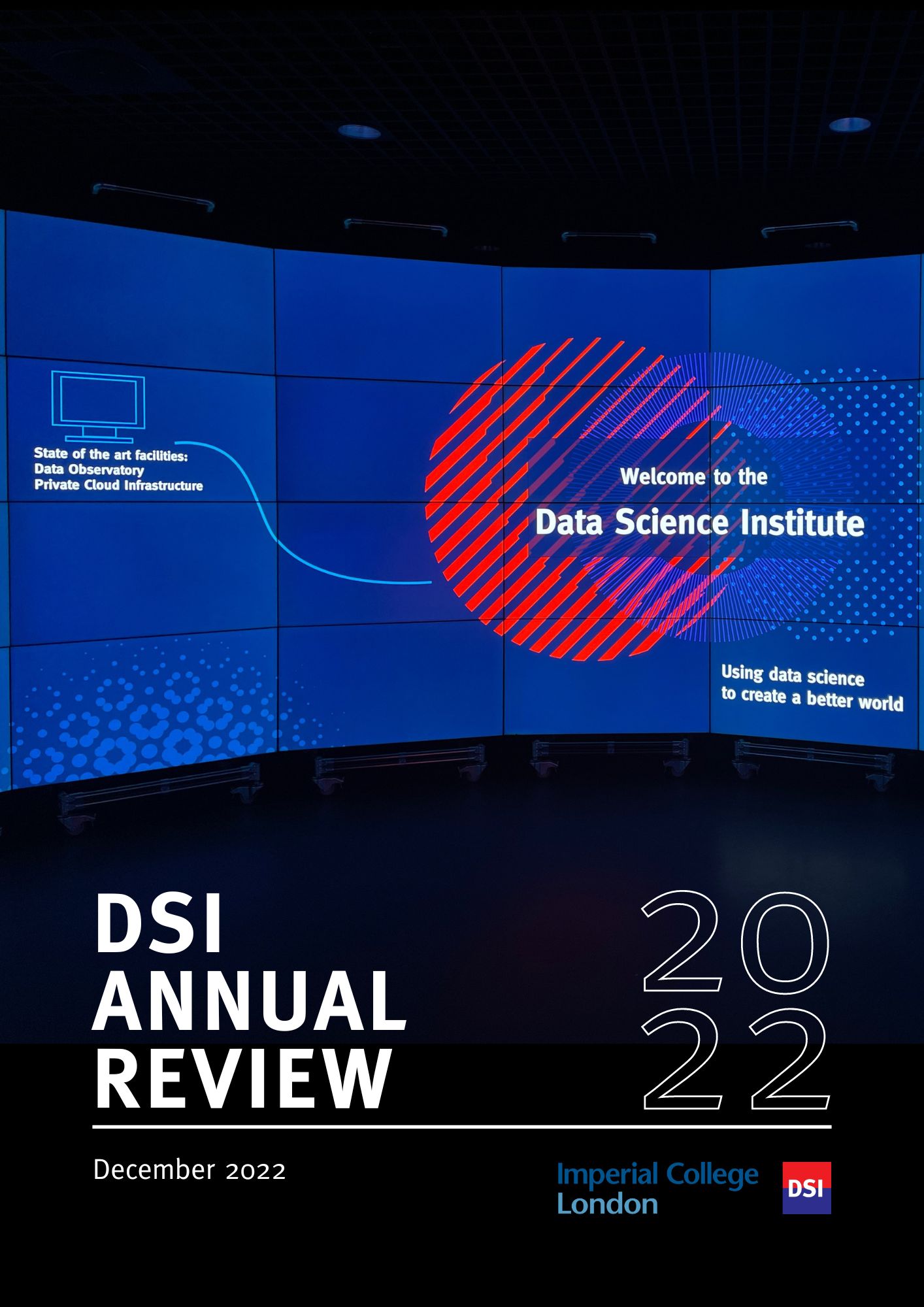BibTex format
@inproceedings{Jain:2019:10.1145/3308558.3314143,
author = {Jain, S and Bensaid, E and de, Montjoye Y-A},
doi = {10.1145/3308558.3314143},
pages = {3550--3554},
publisher = {ACM},
title = {UNVEIL: capture and visualise WiFi data leakages},
url = {http://dx.doi.org/10.1145/3308558.3314143},
year = {2019}
}

